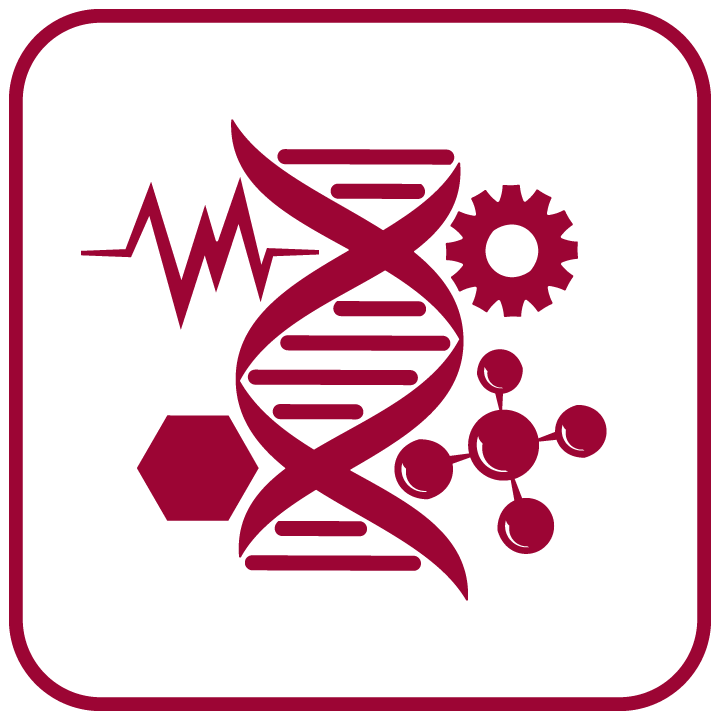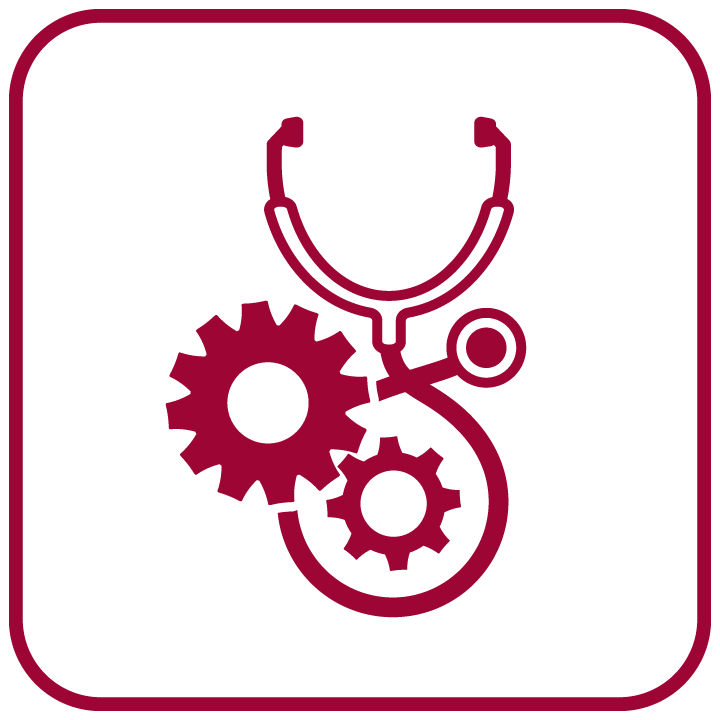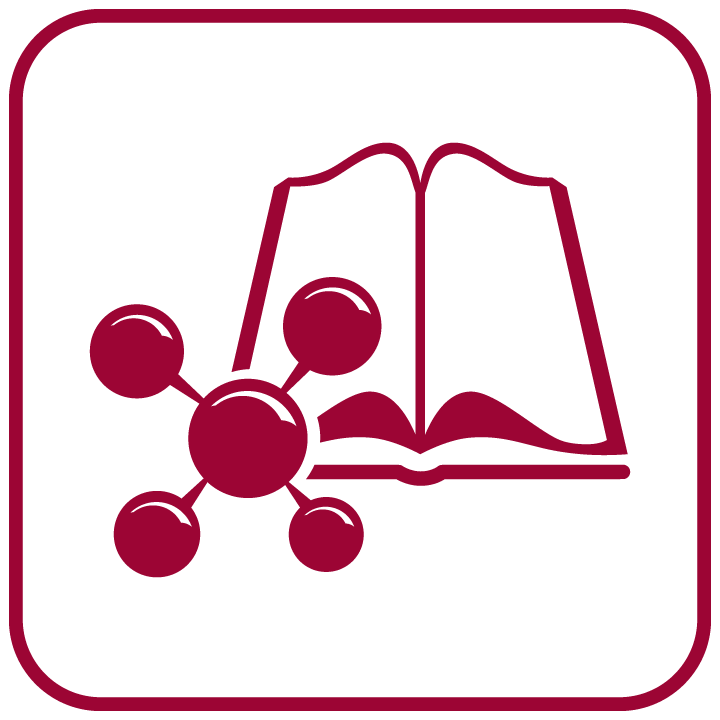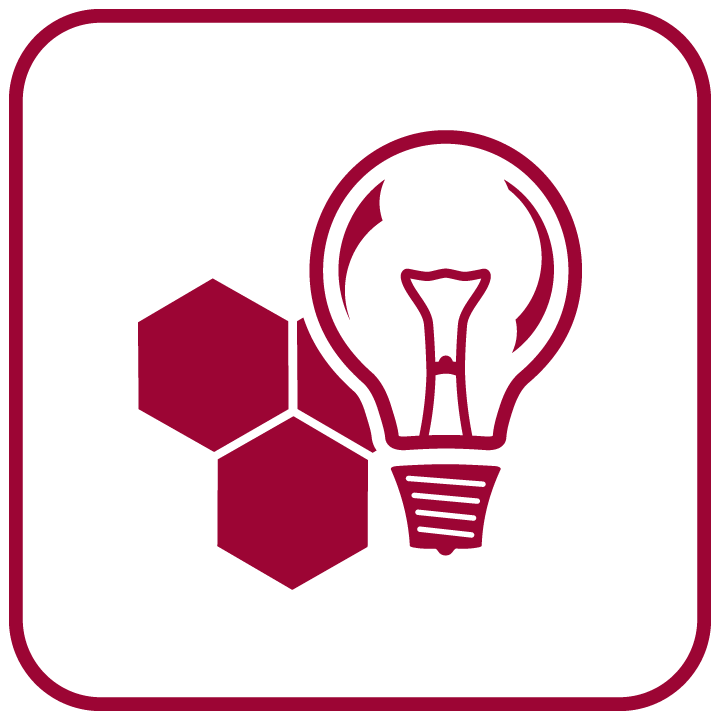
Quality and Safety Leadership
Contribute to the evolution and improvement of healthcare
Online graduate degrees with part-time options
The goal of healthcare organizations and providers who deliver care to citizens / patients is to continuously improve health outcomes and patient experience for the citizens they serve. To make meaningful progress, systems and providers require the knowledge and skills to manage the quality and safety of the care that is delivered in full partnership with the people receiving care.
UCalgary Cumming School of Medicine’s postgraduate specialization in quality and safety leadership provides clinicians, healthcare providers and administrators the perspective and skills required to effectively lead quality improvement and safety initiatives within healthcare organizations.
You will learn how to:
- identify and prioritize improvement opportunities
- analyze opportunities to improve the quality and safety of healthcare
- test change ideas before implementing large projects
- identify metrics to test and track if an implementation is having the desired impact
- apply tested tools and strategies to create positive change in health organizations
- lead teams towards continuous improvement and optimal outcomes for patients
- effectively respond when outcomes have not been optimal
- foster a culture of safety, and create an environment where healthcare professionals can deliver the best possible care to patients
- work with health system data to make the case for, and to track improvement of, health system outcomes for patient populations
This fully online program provides participants with a choice of two separate, educational pathways:
Option A:
Full-time two-year master’s degree
Option B:
Part-time, three-year “laddered” program
Consisting of stackable graduate credentials:
- Year 1: Graduate Certificate
- Year 2: Graduate Diploma
- Year 3: Master’s degree (part-time)
Note: Option B is ideal for working professionals and those who can only commit to one year of studies at a time, but who also want to receive a recognized graduate credential for each year completed, which could later build toward a master’s degree.
Program curricula
The program is delivered through a combination of live/synchronous online classes, as well as asynchronous deliverables so participants can practice and finetune skills with the support of experts in the field. Live sessions consist of lectures, case study discussions, and real-world examples, and allow you to network with a small cohort of skilled professionals.
Participants work with a community or academic organization on a quality and safety capstone project in their final year. Read about one participant’s project at the Alberta Children’s Hospital (ACH) here: Partnering with Families to Improve Pediatric Patient Safety.
Some highlights of this program include:
FAQs
This online graduate degree is for medical doctors, nurses, administrative leaders, policy makers, researchers and other industry professionals who want to contribute to the evolution and improvement of healthcare.
The curriculum is designed to support the learning needs of clinicians, and established and emerging administrators in safety, quality, and health leadership. Some job titles related to this field are listed here.
Quality health care can be defined as effective, evidence-based and safe healthcare services that respond to individual preferences, needs and values. It is timely, equitable, and efficient.
Modified from source: https://www.who.int/health-topics/quality-of-care
QI is the framework used to systematically improve processes and systems. The goal of QI is to continuously look for ways to improve the quality of your health organization’s services, outcomes or products through measurement, goal-setting, and testing. It involves using a set of tools and processes to monitor, assess, and improve outcomes towards a specific goal or outcome.
The model for improvement is a framework for implementing five principles of improvement:
- Knowing why you need to improve
- Having a feedback mechanism to tell you if the improvement is happening
- Developing an effective change that will result in improvement
- Testing a change before attempting to implement
Knowing when and how to make the change permanent (implementing the change)
For more information about the courses, program, fees, and , watch the Quality & Safety Leadership info session recording or contact the Precision Health Program Office at (403) 210-7051 or prehgrad@ucalgary.ca
Check out the Precision Health Program Self-Assessment, or email us at prehgrad@ucalgary.ca
UCalgary’s Precision Health Program aims to improve patient care and transform health systems, both generally and through the lens of quality and safety leadership. This means Quality and Safety participants have an opportunity to interact with and learn from other disciplines that are required in order to break down silos and realize health system changes.
Cross specialization required courses in the quality and safety leadership stream are:
- MDPR 600: Foundations of Precision Health
- MDPR 603: Health Systems Leadership
- MDPR 604: Managing Complex Projects in Healthcare
There is also transdisciplinary learning in the quality and safety advanced topics course and an opportunity to hear about and learn from master’s projects across <all specializations> in the Precision Health Program.
Apply at any time, or by the May 31 deadline for a Fall start. Here are the detailed application instructions.
- Data informed decision making
- Project experience with a community or academic partner
- How to collaborate with citizens and patients to build and change the delivery of healthcare
- Using healthcare data to make the case for change
- Change leadership
- Persuasive writing and present for different audiences
- Project design, justification, budgeting, planning
- Systems thinking
- Organizational change awareness
- Entrepreneurial thinking
- Data interpretation and visualization
- Idea recognition and evaluation
- Innovation mindset
- Critical thinking and problem-solving skills
- Exploration of system and problem complexity
- Collaborating with peers and stakeholders
- Persuasive pitches/ getting your ideas out there
Ready to Apply?
2. Create a Graduate Studies application
3. Complete the main UCalgary graduate programs questions in the application
4. Select Medicine – Precision Health Graduate Certificate




